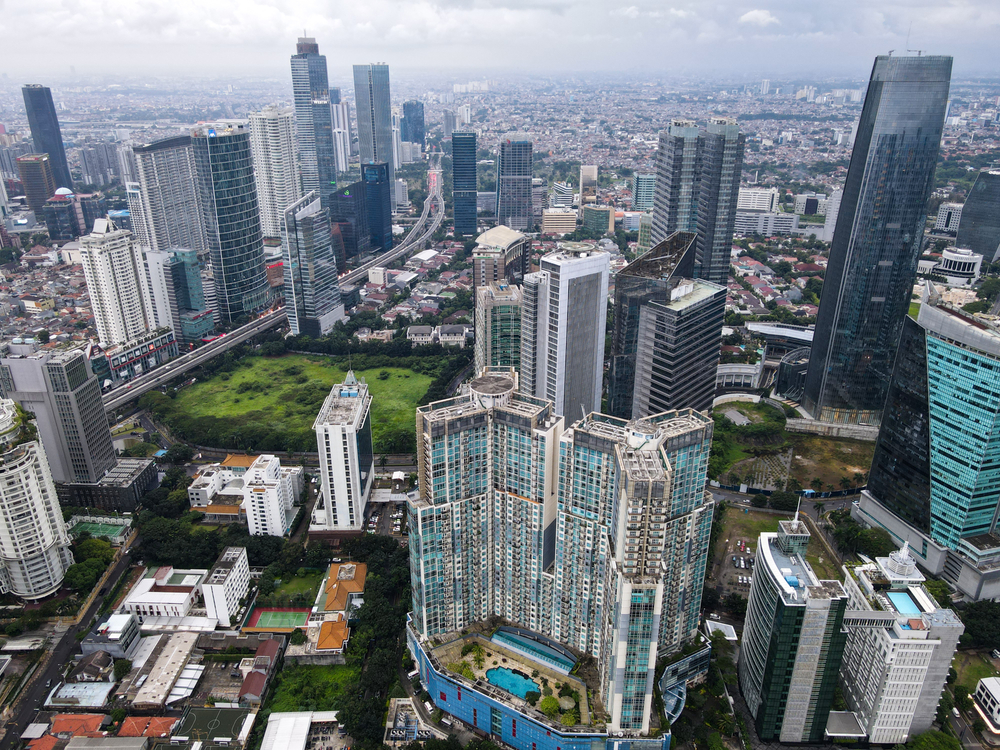Indonesia’s economy stays afloat despite global challenges
The country’s consumer spending and manufacturing activity have been on the rise

The Asian Development Bank (ADB) released a report back in April, showing that Indonesia’s economy is set to go up by five percent this year and 5.2 percent in 2023.
Jiro Tominaga, ADB director for Indonesia, said after experiencing a decline in the third quarter, the Indonesian economy quickly recovered and finished 2021 with an output greater than it was in 2019. Broad-based growth was observed, and it is anticipated to pick up steam in 2022 as the economy continues to stabilise.
The report also revealed that the country’s consumer spending and manufacturing activity have been on the rise due to the rebound in confidence, employment, and income. Investment is also booming as demand grows, investment and business climates improve, and credit recovers.
Despite the inflation in the global markets, Chief of the Presidential Staff Office (KSP) Moeldoko said that the Indonesian economy is relatively stable, and its growth is still comparatively higher than in other countries.
According to Moeldoko, the Indonesian government has worked hard to control domestic commodity prices to prevent inflation and preserve people’s purchasing power, reported ANTARA News.
More: Bright future awaits Indonesia as economy rebounds and consumer sentiment improves
The Jakarta Post noted that Indonesia is one of the world’s leading coal and crude palm oil exporter. It accumulated USD24.9 billion in the first half of 2022, which was more than double what it earned during the same period last year.
Exports went up 37.1 percent YoY and this is expected to continue posting a surplus, which could stabilise rupiah exchange.
While Indonesia’s inflation rate is still manageable, global uncertainty will not go away in H2 2022, presenting another obstacle in the country’s path to economic recovery.
On the other hand, the country remains optimistic as its main export commodity remains in an upward trend, as demand from the eurozone is increasing. Domestically, if it keeps its COVID-19 figures in check, mobility restrictions will be relaxed even further, which, in turn, will strengthen demand within the nation.
The Property Report editors wrote this article. For more information, email: [email protected].
Recommended
Why everyone is moving to Selangor and Johor: Malaysia’s real estate comeback
Malaysia’s upturn in fortunes is especially prevalent in secondary destinations such as Selangor and Johor
Penang’s silicon boom: How the US-China tech war is supercharging local real estate
Penang’s booming semiconductor industry has created ripples within the local real estate sector
New leader, new opportunities: How Hun Manet is shaking up Cambodia’s real estate game
Hun Manet is overseeing decent economic growth and widening access to the country’s real estate market for foreigners
Singapore embraces inclusive housing reforms amid resilient demand
The Lion City’s regulatory strength continues to exert appeal for international investors








